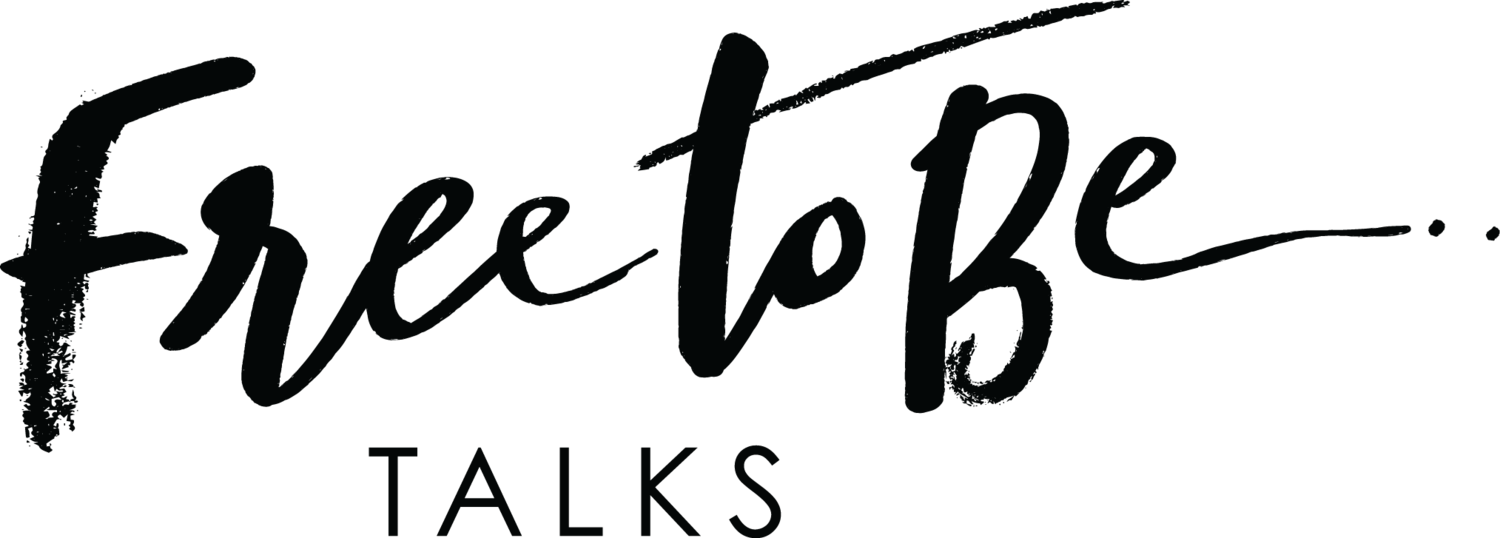By Kate Bucaro Free To Be Talks Facilitator and U.S. Program Liaison, Mental Health Advocate and Eating Disorder Recovery Speaker
In case you didn’t know, it’s National Eating Disorders Awareness Week, a time to raise awareness about a dangerous and isolating mental illness that affects millions of women and men annually.
Every year, I go back and forth about participating in NEDA Week and I think that stems from the uncertainty of what it really means to “participate”.
According to the National Eating Disorder Association, eating disorders are serious but treatable mental illnesses that affect people of every age, sex, gender, race, ethnicity, and socioeconomic group. No one knows exactly what causes eating disorders, but a growing consensus suggests that a range of biological, psychological, and sociocultural factors come together to trigger an eating disorder.
In my quest to determine how to participate in NEDA Week and support the mission to raise awareness this year, I want to share a story; but not about my struggle. I believe the online conversation around NEDA week needs to change.
The theme, Come as You Are, highlights the movement towards inclusivity in the greater eating disorder community. The campaign expressed that, regardless of your body shape, weight, race, gender, identity, ability, religion, socioeconomic status, sexual orientation, or your stage of body acceptance and eating disorder recovery, your story is valid and deserves to be heard.
I love the theme this year and I believe it has sparked an incredibly valuable online conversation. Historically, our society has portrayed a pretty narrow-minded “look” when it comes to eating disorders. But the truth is, eating disorders don’t discriminate, and all those who are struggling or have been touched by an eating disorder deserve to share their story.
But here’s the thing: somewhere along the way, the support and value that comes with this week of awareness can easily get buried by an influx of before and after photos that seem to clutter the #NEDAWeek hashtag.
It may seem small compared to the volume of posts you see in your feed, but these side-by-side images inadvertently create a space that welcomes comparison and judgement while reinforcing the idea that eating disorders are all about our outward appearance; and that is simply not the case…










